The egg yolk is one of the 3 main parts of the egg (shell, egg white and egg yolk). Eggs are laid by female birds and reptiles. The egg yolk's color and size varies depending on the type of egg. It is considered to have the greatest density and be the most nutritious component of the egg. Egg yolks are composed of a membrane, a yolk sphere and embryo.
This egg component manages to position itself in its center thanks to 2 spiral bands of tissue. A large part (almost half) of the yolk's composition is water. Egg yolks are usually used as a food product, even though they are often used for other purposes as well. Normally, the egg yolks of chickens, turkeys and geese are used. Some even use the egg yolks of ostrich eggs. In Africa they eat the yolks of guinea fowl.
History of Egg Yolks
Eggs have been eaten by mankind since time immemorial. After birds were domesticated by our ancestors, the valued yellow mass called the yolk found its way in the diet of the ancients ever more frequently. In the different cultures they used the yolks of eggs from different origins. It is postulated that around 1400 BC in Egypt they ate ostrich eggs, or at least that's what is evident on tomb images dating from that time. The ancient Romans found egg yolks delicious as well, never missing their egg breakfast.
In fact it was the Romans' love of eggs that led to them coming up with different ways of preserving them. Eventually they thought of new techniques for processing egg yolks and whites. This ultimately led to the popularization of egg drying in the egg industry during the 19th century. Thanks to this process, both parts of the egg are turned into a powdery consistency. Dried egg powder was used by the American army during World War II.
Composition of Egg Yolks
Egg yolks are a source of many healthy substances. The golden round mass is even considered the most valued component of bird products. A large egg yolk will charge you with nearly 60 calories. Yolks contain vitamin A, vitamin E, vitamin B6, vitamin B12, vitamin B5, vitamin K, vitamin D, calcium, iron, magnesium, manganese, copper, phosphorous, potassium and others.

Storage of Egg Yolks
A large portion of recipes require the use of only the egg whites. But what should we do with the egg yolks that are left over? Normally, fresh whole eggs are stored in the refrigerator from 3-5 weeks but once the yolks are removed they can be kept in the fridge in a closed jar filled with cold water. They shouldn't be left like this longer than 3 days. Egg yolks should not be stored near food products with a strong smell because they are capable of absorbing some of it. When buying the eggs themselves always make sure that they are not past their expiration date.
Benefits of Egg Yolks
Eating egg yolks, either raw or cooked, provides numerous health benefits to the human body since they are a source of a variety of beneficial substances. Let us not forget to mention that according to some experts, eating egg yolks in raw form or soft-boiled (not hard-boiled, fried or baked) is the key to good health. Egg yolks help normalize hormone levels. They contain nutrients that benefit not just one organ of the human body but the eyes, nails, skin, teeth, hair. They are considered brain food as well.
It is true that egg yolks contain cholesterol but this should not discourage us from eating them because it is needed by the human body for its role in building cell walls. When egg yolks are heat treated, they are not as effective as in raw form. There are even extreme views, according to which heat treated egg yolks increase their bad cholesterol and contribute to the development of degenerative diseases. The truth probably lies somewhere in the middle, with still others saying that eggs should not be eaten raw but soft-boiled.
Egg yolks make an excellent part of a daily diet. Eating egg yolks 2-3 times a week can only improve health. Of course, the exact quantity is specific for each individual, depending on our daily needs and diet. One thing is certain though - when eaten early in the morning they provide energy and satiety.
Studies also show that egg yolks help stabilize blood pressure. Researchers from the University of Alberta, Canada, have found that egg yolks have 2 crucial amino acids - tryptophan and tyrosine. Scientists state that 2 raw egg yolks have more antioxidants than 1 apple. For years it was said that egg yolks were a source of a large quantity of cholesterol, which in turn caused heart problems. But currently, experts believe these claims to be myths and advise us not to ignore egg yolks.
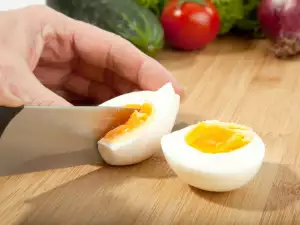
Folk Medicine with Egg Yolks
It turns out that egg yolks are not just used as a food product but as a treatment for certain unpleasant ailments too. For example, there is a famous folk medicine recipe with egg yolks for boils. Simply put a bandage with this egg component over the affected tissue each night. Egg yolks are also used for sore throat and coughing.
For treatment of these, the recipes call for mixing 1 egg yolk with 1 tbsp rakia (fruit brandy), 1 tsp ginger, 2/3 cup honey and the juice of 1 lemon. Mix all of the components together. Take 1 tsp of the blend several times a day. Besides as a treatment, egg yolks are used as a beauty product as well. They are found in many recipes that provide shine, elasticity and strength to hair, plus freshness and softness to the skin.
Cooking with Egg Yolks
The most serious and best known use of egg yolks remains in the kitchen. Plenty of recipes call for separating the egg yolk from the egg white. To do this you can use a very easy trick. Break the egg in a plate. Then take a well washed plastic bottle. Squeeze it (not too hard) and point its neck toward the egg yolk.
The instant you stop squeezing the bottle, it will suck in the egg yolk into it. Then you can easily transfer it to another container. You can utilize this method for separating several yolks. The separate egg yolks are normally used as an emulsifier for cooking. A wide range of recipes call for their inclusion in creams, cakes, sauces, salads and all kinds of other dishes.
Dangers of Egg Yolks
Egg yolks may contain salmonella which is why some experts recommend boiling them for at least 13 min. Always check the expiration date of the eggs themselves too.
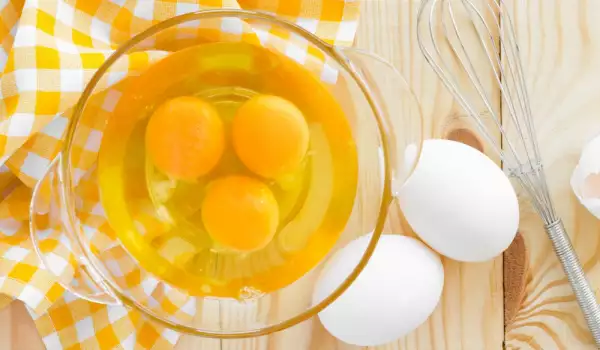
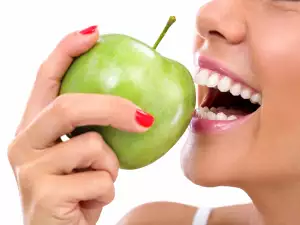

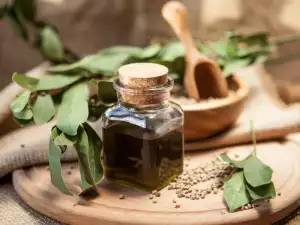
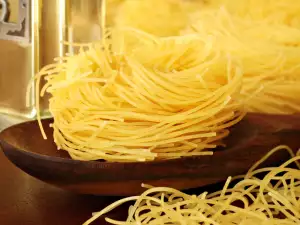

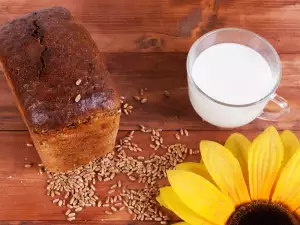

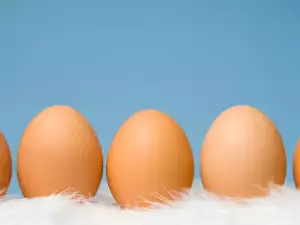
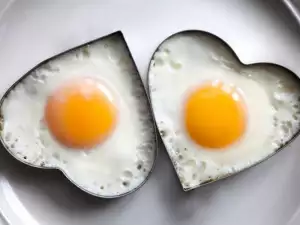

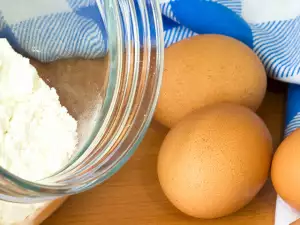


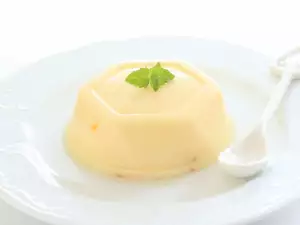





Comments